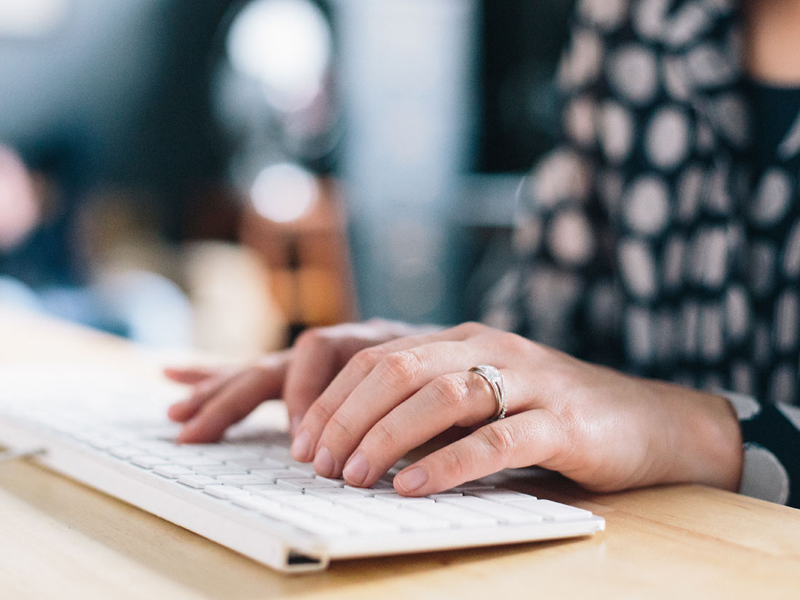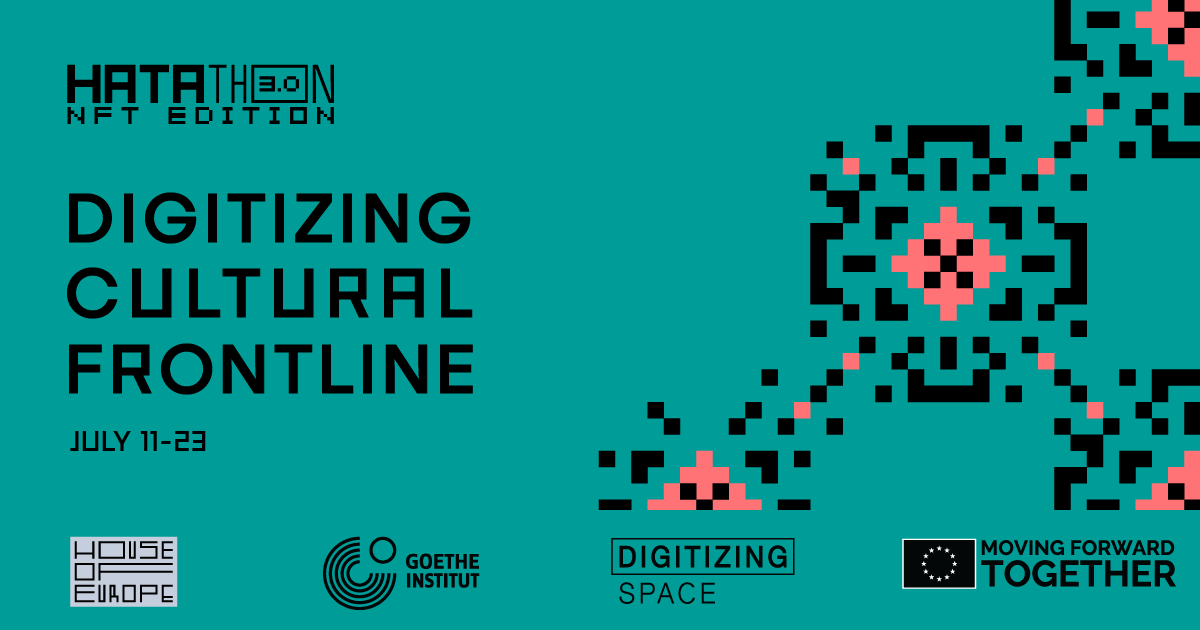
8 WAYS TO GET TO WORK WHEN DISTRACTIONS ARE EVERYWHERE
1. Pick Only One Thing
Every time we sit down at our desks we’re confronted with any number of unfinished jobs. There are often so many that we don’t know where to start, so we choose to distract ourselves with something not entirely necessary but certainly pleasant. Get a hold of yourself and pick one – but only one – task and resolve to give all your attention to it alone for a short time, to the exclusion of everything else. You’ll notice how much easier it is to concentrate and the positive effect on your productivity.
2. The time you allot to finish one task is untouchable
So you’ve chosen your one task, don’t look at anything else – no matter how trivial – before you’ve completed your chosen task. Don’t check your email. Don’t watch ‘just one short video’ on YouTube. Don’t grab something to eat. Are you really going to stay on task when you’re busy eating? A cup of coffee or tea? Fine. A cuppa is good companion for getting to work.
3. Close the social networks in your web browser
George R.R. Martin, author of the "Game of Thrones" novels, uses two computers. The first one he has to surf the internet, communicate, and pay bills. The second is disconnected from the Web and is dedicated to the writing of his books. His writing computer (he calls it his “secret weapon”), runs on DOS. The absence of the internet helps the author stay productive, eliminating internet distractions irrelevant to his work.
4. Follow through to the finish
If you’ve already opened an incoming email, reply to it. If you started to write a report, finish it, and move on to the next task. Effectively carrying out minor routine tasks we free up time to implement our more important strategic tasks. Productivity Consultant Anne Gomes says: "If you get fifty emails a day (I’m betting you get even more) and read each of them twice, you’ve spent an additional 20 minutes of your day. At first glance, that’s not very much, but added up, it’s two hours a week, eight hours a month, and more than eighty hours per year. 80 hours – that’s two weeks of vacation. Consider this choice: two weeks of mindless repetition or two weeks in the south of France holding a glass of Bordeaux?
5. Practice
Concentration is a skill the same as reading. If today you find it difficult to focus effectively on a single task for 20 minutes, start with 5 minutes. And then, every day, add time - a few minutes - and in a couple of weeks you’ll find you can concentrate effectively for 20 minutes or more.
6. Set deadlines
To set a timer for yourself for 20 minutes before you set to the task is helpful, particularly if you’re just developing your ability to extend your focus. Still, leave some additional time in your schedule beyond the timer bell. It often happens that we only need a timer to overcome our internal resistance to setting down to work. Once we get carried away by the task we find we can work even longer. Writer Adriana Trigiani says: "There is something that is more necessary for the artist than tools and endurance, and that thing is a deadline."
7. Work alone
Teamwork can be very effective for implementing large projects. Experience shows that we get the best return by assembling the team for a short discussion and distributing tasks and then allowing each member of the team to carry out their assignment individually. This is especially important with creative tasks that require a particular frame of mind and concentration. What’s more, when people work together over a long period friendships develop, leading to an urge to take a break from work and engage in friendly interactions.
8. Plan work breaks
It is impossible to work for long stretches of time with maximum concentration; this leads to burnout. Therefore, after fulfilling the time allotted for intensive work on an assignment, allow yourself to relax a little. It doesn’t need to be a long break, and it will allow your brain to reboot for what comes next.




